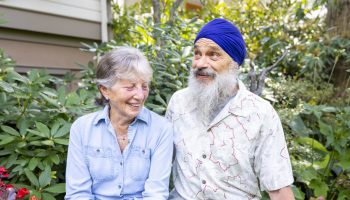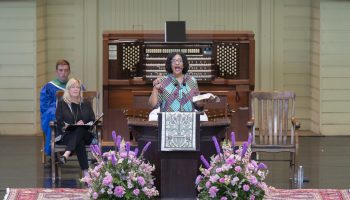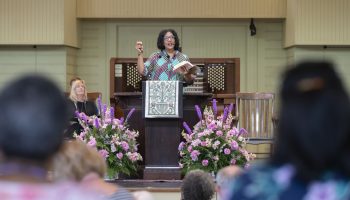This week’s Mystic Heart Meditation Program sessions are comprised of three teachers, two traditions and one purpose: returning Chautauquans to their natural state of being.
The Mystic Heart Meditation Program is an initiative by the Department of Religion designed to teach Chautauquans about the world’s various meditation traditions. The sessions will be led by Muinuddin Charles Smith, Sharifa Felicia Norton, teaching from Sufism, and David Gluck, teaching Hindu and yoga-based meditation.
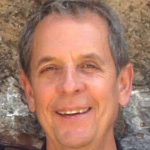
Gluck’s sessions will be from 8:15 to 9 a.m. Monday, Aug. 6, through Friday, Aug. 10, in the Presbyterian House Chapel and from 4:45 to 5:30 p.m. Monday, Aug. 6, and Wednesday, Aug. 8, in the Hurlbut Church sanctuary. Norton and Smith’s sessions will be from 7:15 to 8 a.m. Monday, Aug. 6, through Friday, Aug. 10, in the Presbyterian House Chapel and from 12:30 to 1:55 p.m. Tuesday, Aug. 7, and Thursday, Aug. 9, in the Hall of Missions. Smith and Norton are returning for their 16th year to lead Chautauquans in the tradition of Sufism.
The couple founded the Light of Guidance Center for Sufi Studies in New York City and are teachers and retreat leaders within other Sufi organizations. Norton is also a professional dancer and teacher at the United Nations International School, and Smith is a professor of management and entrepreneurship at Hofstra University.
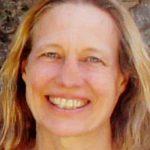
“We got really immersed in the teachings of Sufism, and it appealed to us because it is very universal and honored all of the traditions and tried to find where they unite rather than where they differ,” Norton said. “It is like a path of transformation.”
The word “Sufi ” is derived from the word “sofia,” which means wisdom. The tradition and practice of Sufism is about developing a deeper knowledge and understanding of life and one’s self, Norton said.
“The goal is just to get in touch with our natural self,” Smith said, “to remove all of the things that get in the way of us really listening to our deepest selves — acting out of that place and living from that place.”
Norton said participants will work on various breathing practices, visualizations and sitting meditations as well as hearing stories and poems from Sufi poets, including Rumi and Hafiz.
In Sufism, poetry is used as a way of “connecting the spiritual and the material,” Norton said.
“We use poems to access a certain state of being to tuneness, tuning the heart and the mind,” she said. “It also helps to decondition, allowing ourselves to unload and return to our essential nature.”
The couple’s Tuesday seminar, “The Music of Life: Sufi Insights on Harmony and Global Understanding,” will explore the “metaphors of music” and how it works within Sufism.
Their Thursday seminar, “The Enduring Wisdom of Rumi, Hafiz and other Sufi poets for our Modern World,” will explore more teaching stories and poetry, along with group dialogue.
“That brings forth a lot of wisdom, too,” Norton said. “We learn so much from the groups we work with in these workshops.”
Meditation is a way to delve deeper into a person’s inner self, Norton said.
“I am hoping people will have a taste of unfolding their natural selves and tuning their hearts to its natural pitch so it is vibrating with joy and harmony,” she said.
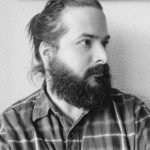
Gluck began his study and practice of yoga and dharma in 2001. In 2003, he became a certified Jivamukti Yoga teacher, and since then has worked as a teacher of yoga and dharma while leading retreats all over the world. Gluck has also taught courses in philosophy from both the Buddhist and yoga traditions, including the Lamrim, the Hatha Yoga Pradipika, Patanjali’s Yoga Sutras and the Bhagavad Gita.
In Weeks Seven-Nine, Gluck will be teaching Hindu and yoga-based meditation.
“The meditation practices grounded in Hinduism came out of the rich culture of the Indus Valley and are woven into the very fabric of that culture,” Gluck said. “The practices of meditation, as well as the related practices of yoga, pervade everyday Indian life and belief, but also stand apart from strict Hinduism.”
Gluck said meditation exists as both “philosophical disciplines and rigorous practices with an ultimate aim of pure transcendence or enlightenment.”
In Gluck’s sessions, he will cover five aspects of Hindu meditation. Japa is the repetition of a mantra — a syllable, word or words repeated over and over to generate focus and stillness of the mind. Bija is the practice of experiencing the sensations associated with each chakra and using them to become aware of the subtle energies and healing capacity of the body. Pranayama, or deep breath and energy practice, is linked to meditation. Nada Yoga is the use of sound to delve deeply into the energetics of the body. Sushumna nadi focuses on breathing and quiet meditation with visualization of the body’s central energy channel.
“The emphasis in our week on Hindu meditation is on experiential practice, rather than lecture or discourse,” Gluck said. “Instructions are given, we practice together and we finish out each session with time for questions.”


